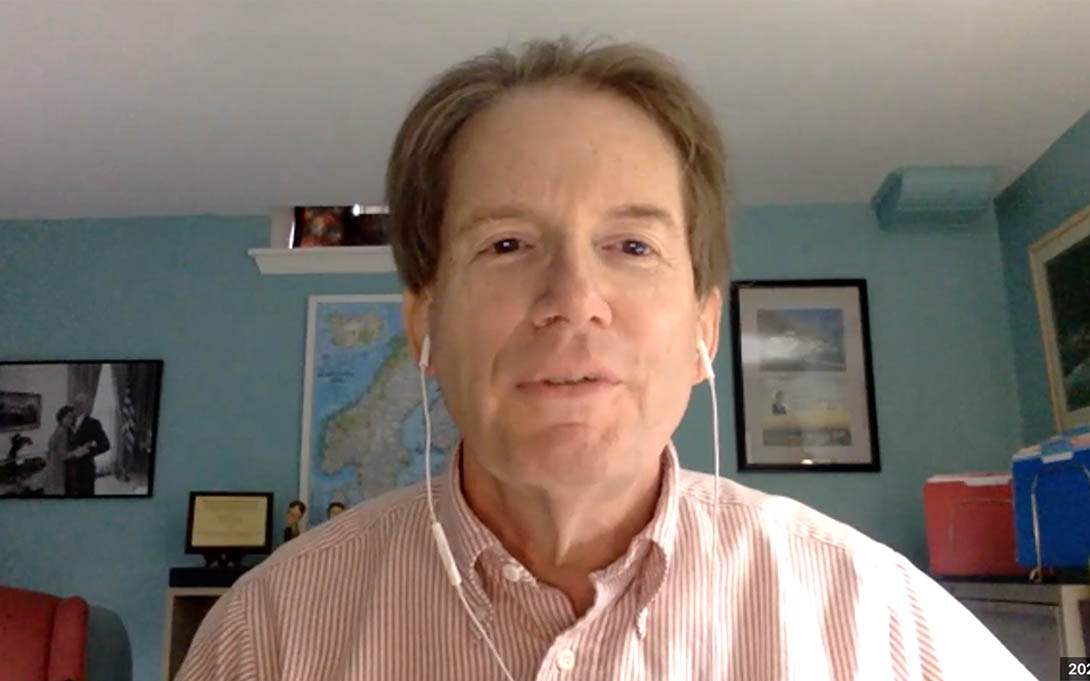
At the COP28 climate summit in Dubai, nearly 200 nations approved a global pact that calls for transitioning away from fossil fuels—a first. The deal also calls for tripling the use of renewable energy, doubling energy efficiency and slashing methane emissions.
Ford school professor Barry Rabe examines the political feasibility and durability of environmental and energy policy, with a particular emphasis on efforts to address climate change in the U.S. and other federal systems. His most recent books examine the politics of carbon pricing and the limitations of unilateral executive branch policy actions. Current research explores the politics of intensive but short-lived greenhouse gases, such as methane and HFCs.
Rabe is also a nonresident senior fellow at the Brookings Institution.
He commented, for Brookings, "Methane sustained its recent march from climate policy obscurity to center stage at COP28, deservedly garnering Economist 'Word of the Week' honors. The global framework for reducing methane from oil and gas production remains a loose compilation of nonbinding public and private pledges," he said. "But methane's saliency continues to rise, reflecting its role in over one-third of current global warming. Technologies to measure and mitigate releases keep maturing, and transatlantic oil and gas producing and consuming nations rolled out bold new policies just before or during COP deliberations.
"The United States unveiled a suite of new regulations, including third-party monitoring of 'super emitters.' These will be coupled with expanding subsidies to accelerate technology transition, a modernized measurement system, and fees on low-performing firms. Canada has followed suit with a new round of tightened regulations and plans to integrate methane reduction into a cap-and-trade system designed to cut oil and gas sector carbon emissions. Europe has announced bold new methane regulations on energy that it produces and consumes, amid growing indication that its leadership in carbon border adjustment development will extend to methane.
"These North American and European policies face significant political challenges to timely and effective implementation. And there has been minimal progress in transitioning national best practice models into a credible regime to reliably drive down global emissions. Nonetheless, these latest steps demonstrate methane's ongoing evolution from symbolic declarations toward devising regulatory, pricing and disclosure tools that could support near-term climate protection."
